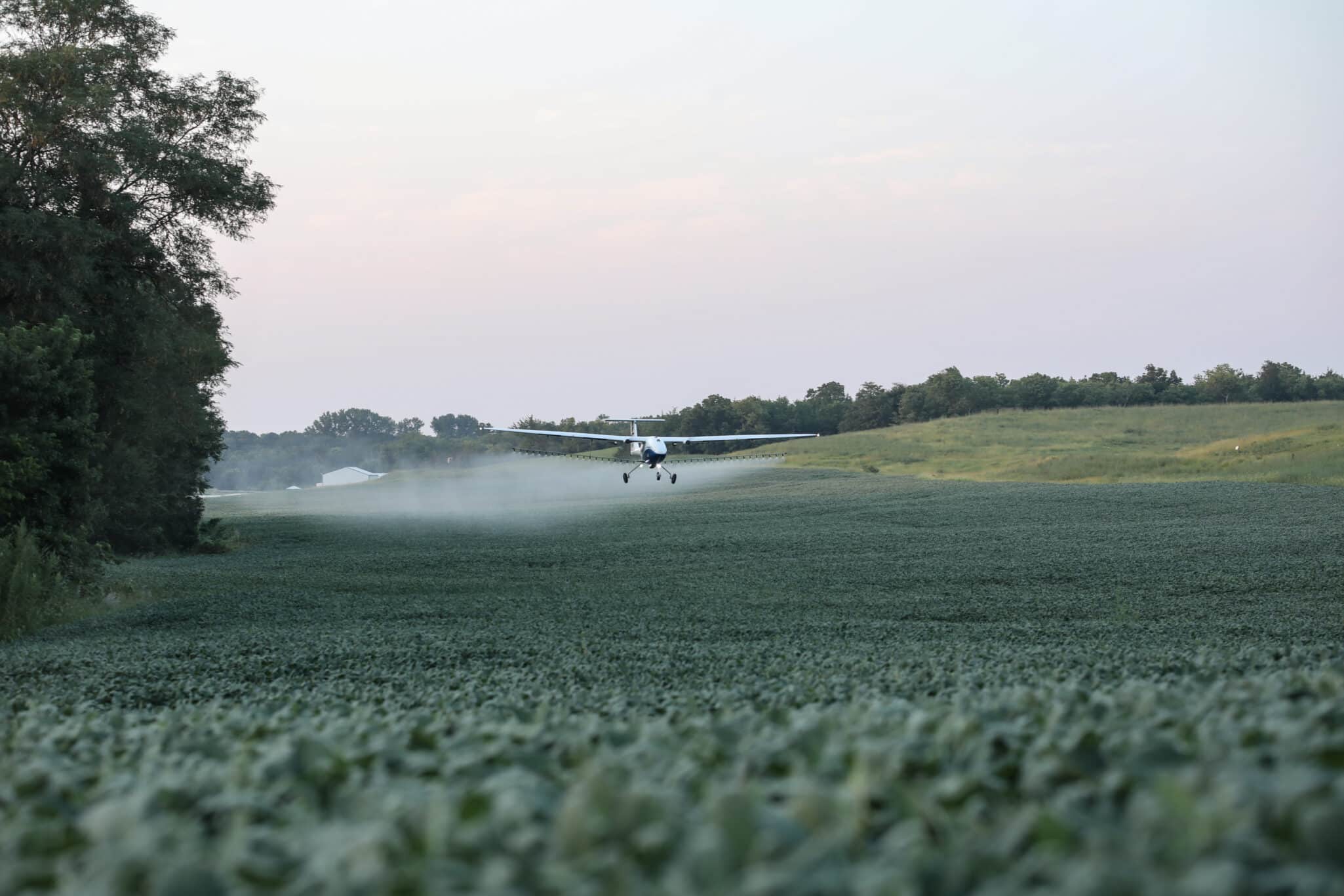Key Takeaways
- Kelly Hills introduced SpraySense, an AI-driven recommendation and application system developed through its accelerator program, The Forge.
- SpraySense combines aerial imagery, agronomy, and autonomous spraying to guide fungicide application and future input management.
- At the same event, Kelly Hills announced the Rural Autonomous Mobility Program (RAMP), enabling autonomous farm equipment on public roads in Kansas.
- RAMP, backed by Sabanto and state agencies, aims to address labor shortages and lower equipment costs in rural farming operations.
- Both initiatives were showcased during the 2nd Annual Kelly Hills Field Day, drawing attendees from 36 states and 12 countries.
Kelly Hills Introduces SpraySense Through The Forge
During its 2nd Annual Field Day, Kelly Hills announced the launch of SpraySense, an autonomous application intelligence product that emerged from its accelerator program, The Forge. The inaugural 2025 cohort of The Forge included partners such as Yamaha Precision Agriculture, Pyka, Precision AI, Scanit Technologies, Heinen Brothers Agra Services, and Taranis.
Originally focused on improving fungicide application timing, the collaboration expanded into a broader AI-driven solution. SpraySense integrates aerial imagery, weather data, disease risk models, and agronomy to provide real-time guidance on when, where, and how to spray.
“We definitely didn’t set out to build a new product, we were trying to solve a timing and location problem,” said Lukas Koch, CEO of Kelly Hills. “But the collaborative chemistry within the first Forge cohort was so strong, and the resulting solution so impactful, that it just made sense to evolve it into a standalone offering.”
SpraySense connects insights with autonomous spraying systems from partners like Pyka and Yamaha, creating a closed-loop approach to crop disease management. Kelly Hills plans to expand the platform to other inputs, including fertilizers, biologicals, herbicides, and insecticides.
The Rural Autonomous Mobility Program (RAMP)
At the same event, Kelly Hills also unveiled the Rural Autonomous Mobility Program (RAMP), a public-private initiative designed to bring autonomous agricultural machinery onto public roads in the U.S. for the first time.
The program’s first demonstration featured a Sabanto autonomous tractor completing a seeding mission in coordination with drones, showcasing a vision for integrated farm logistics.
“As far as we know, this is the very first time that autonomous tractors will be traversing on roads anywhere in the U.S., and likely in the whole world,” said Koch. “Automating tedious tasks in large farming operations will bring back a better standard of living to those areas, and driving tractors autonomously on roads will unlock an entirely new level of efficiency.”
Partnerships and Objectives
RAMP was developed by Kelly Hills with support from the Kansas Department of Transportation’s Innovative Technology Program. Partners include Sabanto, Nemaha County, the Kansas Department of Agriculture, and Kansas State University.
“I think the biggest improvement to operations using this technology will be their bottom line,” said Craig Rupp, CEO of Sabanto. “The financing system around traditional agricultural equipment is broken, so we are showing users how to do the same amount of work with one-third of the capital expense.”
The initiative aims to address labor shortages, reduce capital costs, and improve safety by allowing autonomous tractors to legally and safely operate between fields and farms.
What Comes Next for Kelly Hills
SpraySense and RAMP highlight Kelly Hills’ dual approach: developing advanced tools for input management while also tackling rural logistics challenges. SpraySense will continue expanding as a modular platform, with soil modeling and digital twin integration planned. Meanwhile, RAMP will remain in its pilot phase in Kansas through 2026, gathering operational data and building regulatory frameworks for scaling across other states.
Together, these initiatives underscore Kelly Hills’ broader mission to integrate intelligence and autonomy into farming operations, helping growers optimize both productivity and sustainability.


